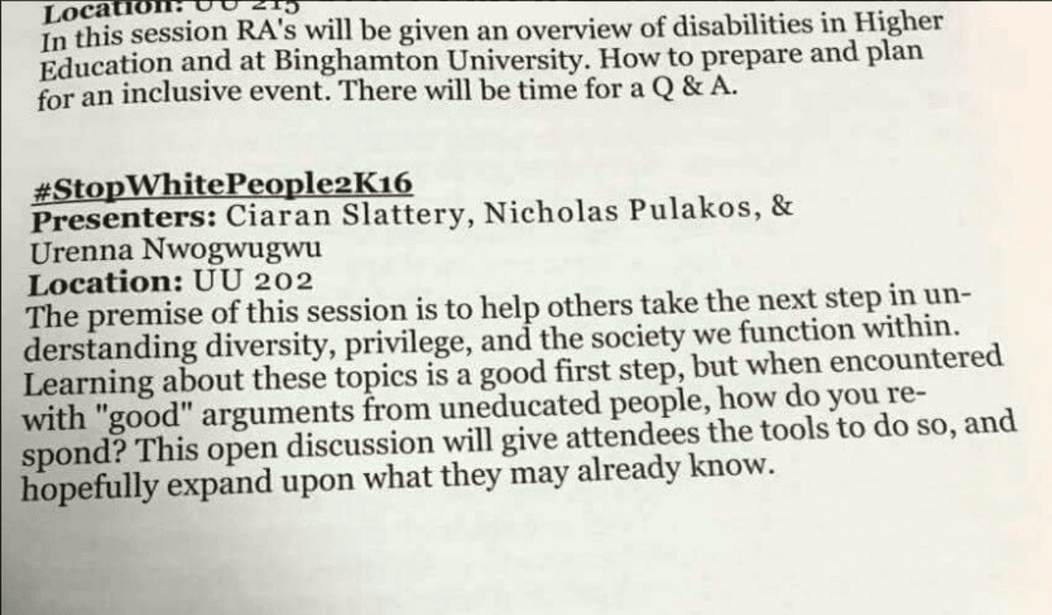So, how’s that working out for you?
Under 14 years of rule by the late President Hugo Chávez, Venezuela kept gasoline prices frozen even as rising government spending spurred robust overall inflation. Gasoline went from being cheap to seeming almost free.
The subsidy is emblematic of Mr. Chávez’s economic policy of populism. Through policies that included virtually giving away gasoline and diesel fuel, he made himself enormously popular but damaged long-term prospects for Venezuela’s economy and set it up for troubled times in years to come.
Now Venezuela is about to elect a new president. Economic distortions caused by giveaway gas loom large among the crises the winner of an election on Sunday will face.
It’s the old story, government gives away things to keep the people happy, economic reality rears its ugly head and then the politicians are eventually forced to deal with it, right?
Though some government officials are critical of the policy, neither of the candidates in the election to succeed Mr. Chávez—acting president Nicolás Maduro and opponent Henrique Capriles—is talking about tampering with the fuel giveaway.
“It’s become the third rail of Venezuelan politics,” said Russ Dallen, a partner at Caracas Capital Markets, an investment bank.
Rather than take away something the public is now used to getting from the government, Venezuela is taking on more debt to keep the goodies coming.
Sound familiar?
But, hey, fairness, or something.










Join the conversation as a VIP Member